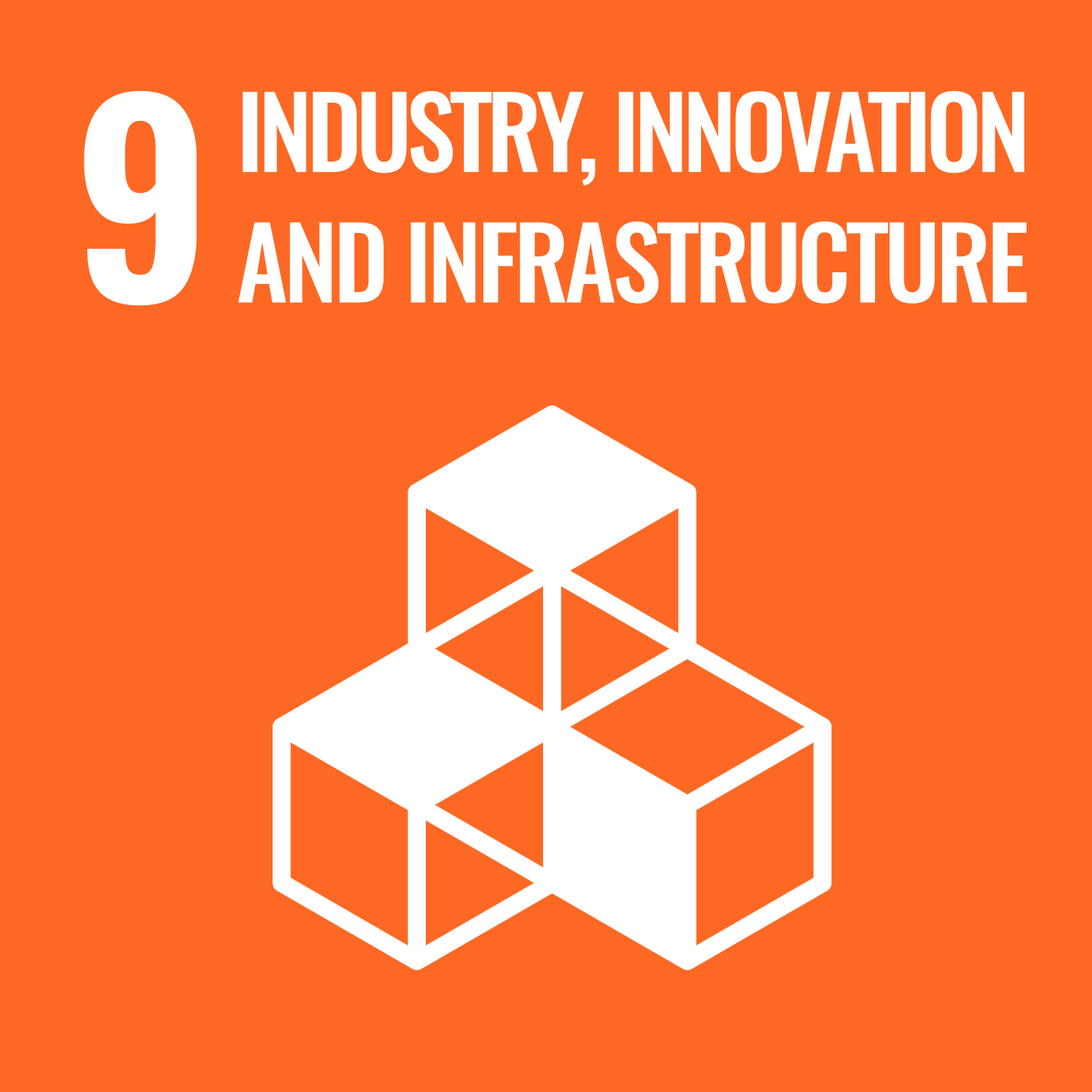Kim, B, Koenigsberg, O and Ofek, E
(2022)
I Don’t “Recall”: The Decision to Delay Innovation Launch to Avoid Costly Product Failure.
Management Science, 68 (2).
pp. 8889-8908.
ISSN 0025-1909
![]()
Abstract
Innovations embody novel features or cutting-edge components aimed at delivering desired customer benefits. Oftentimes, however, we observe the need to recall new products shortly after their introduction. Indeed, a firm may rush an innovation to market in an attempt to pre-empt rivals and capture early demand, yet in so doing forgo rigorous testing, thus subjecting itself to the risk of a product recall. To shed light on this phenomenon, we construct a dynamic game-theoretic model in which firms plan to launch their innovations. Each firm must decide whether to conduct time-consuming quality assurance testing, which ensures no defects or safety problems but delays the launch. If the innovation is released without such testing and a recall occurs, the firm incurs pecuniary costs and faces future reputation damage in marketing the recalled innovation. We investigate the strategic forces behind firms’ testing and launch-timing decisions in this context. The analysis uncovers a novel mechanism, linked to the possibility of a rival going bankrupt, that causes firms to become more inclined to rush to market and take on the risk of product failure even as the negative consequences of a recall increase. The results further demonstrate how firms’ desire to forgo testing exhibits an inverse-U pattern as consumers become more heterogeneous and how competitive forces may induce both firms to forgo testing, although the resulting profits are lower than had they both committed to conduct testing. The framework is extended to examine how product recall considerations affect firms’ research and development (R&D) investments. Although, in general, post-innovation product failure discourages R&D effort, we identify conditions under which an increase in the recall probability stimulates firms to innovate. Several model extensions are presented, and managerial implications are discussed.
More Details
| Item Type: | Article |
|---|---|
| Subject Areas: | Marketing |
| Additional Information: |
© 2022 INFORMS |
| Date Deposited: | 14 Mar 2022 13:05 |
| Date of first compliant deposit: | 17 Mar 2022 |
| Subjects: |
New product launching Quality control Product innovation Game theory |
| Last Modified: | 25 Jul 2025 09:24 |
| URI: | https://lbsresearch.london.edu/id/eprint/2487 |




